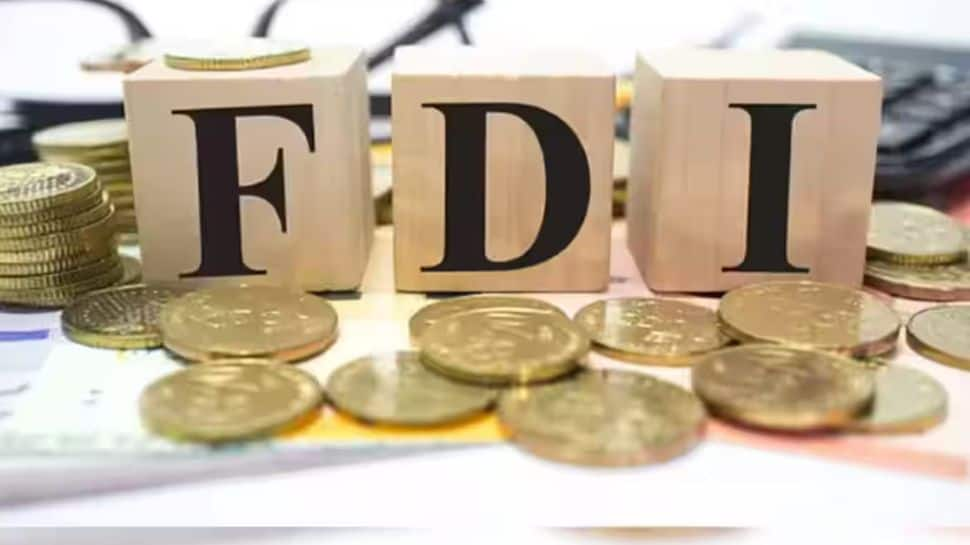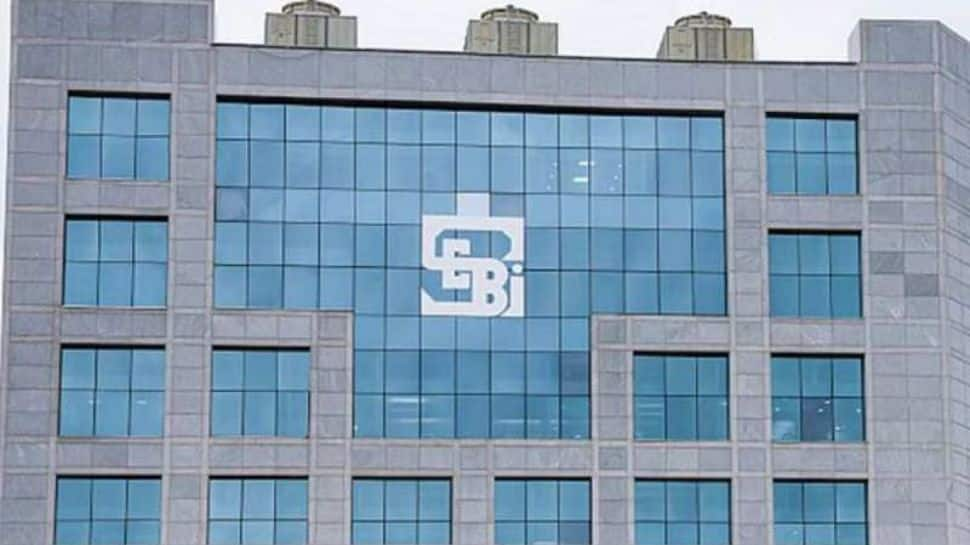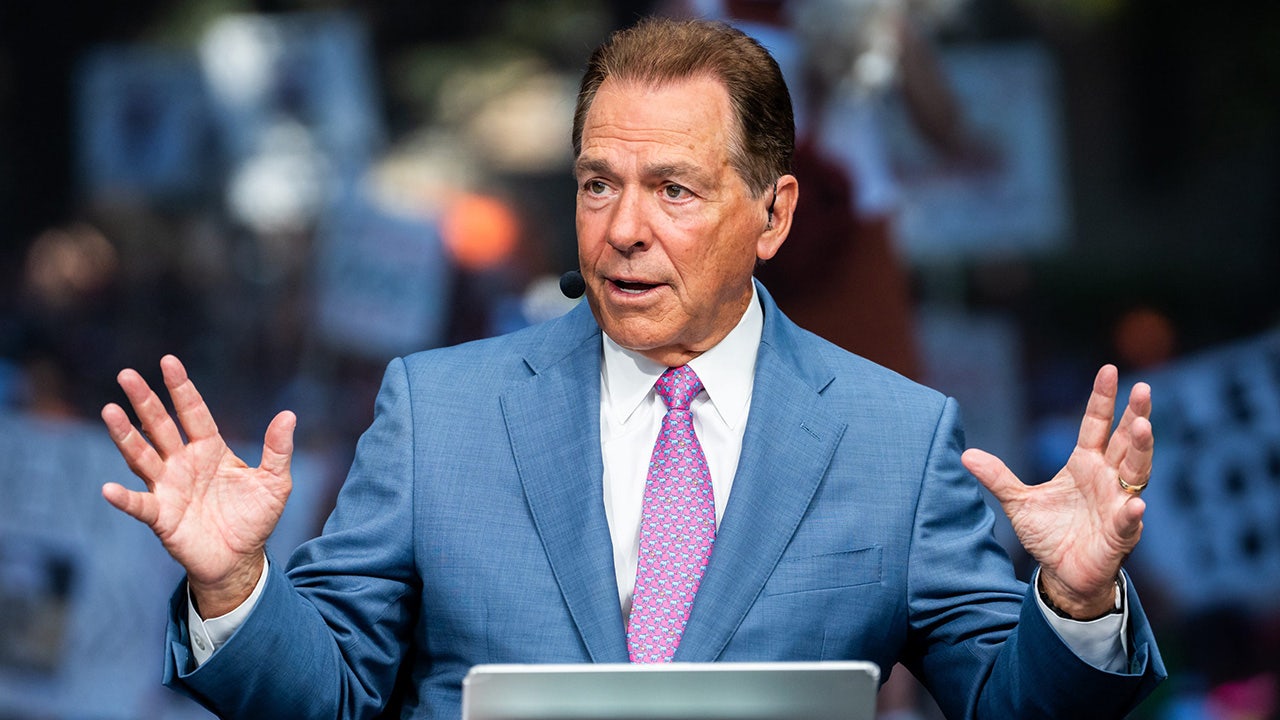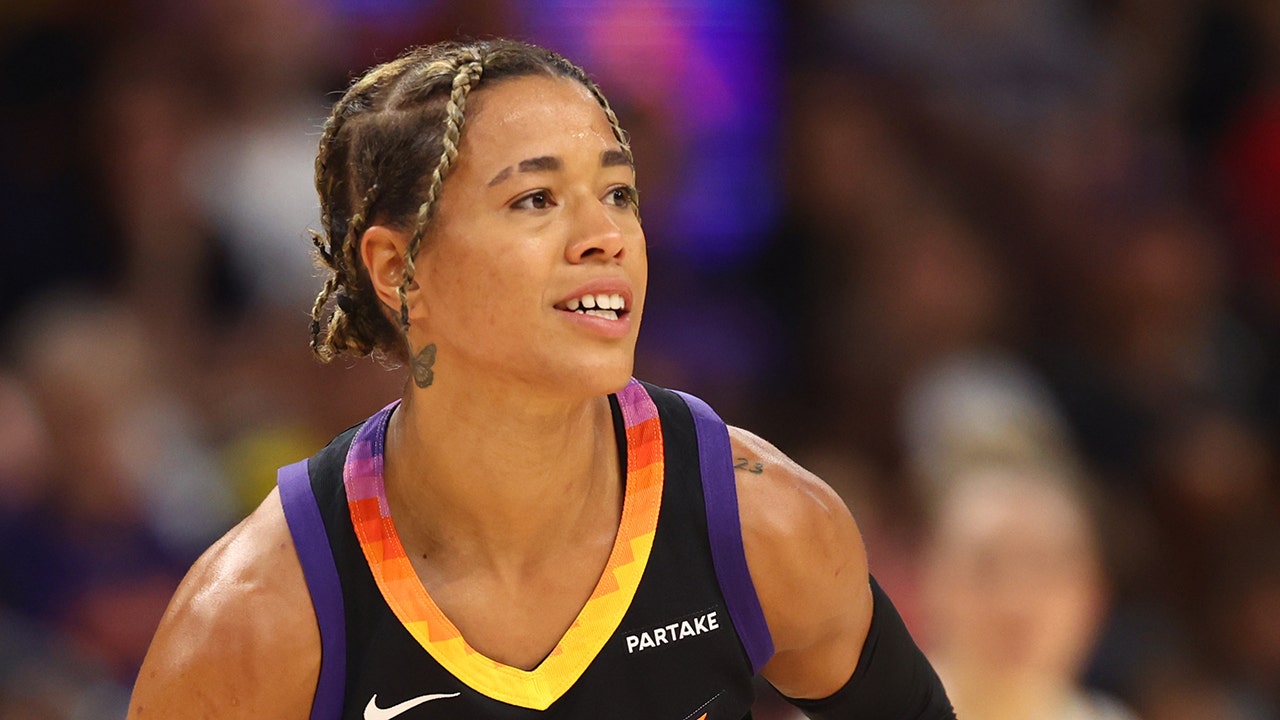The ongoing conflict between Israel and Hamas is on the edge of evolving into a wider regional war with the possible involvement of the Tehran-backed Lebanese Shiite militia Hezbollah and the uncertainty surrounding Iran’s role.
As of now, there is no imminent offensive by Hezbollah against Israel, despite increasing tensions along their border. Iran, at least officially, has denied any direct involvement in Hamas’s attacks on Israel. Some neighbouring Arab nations, which have been working to improve relations with Israel, see an opportunity to act as mediators. However, the overall situation remains highly volatile.
The violence has already claimed thousands of lives since Hamas launched its devastating attacks against Israeli civilian targets. In response, Israel has conducted massive retaliatory strikes on the densely populated Gaza Strip. As Israel contemplates a potential ground offensive in Gaza, it faces the prospect of a nightmarish second front in the north against Hezbollah, with whom it engaged in conflict in 2006.
Recent events have seen both sides exchanging fire for several days, and Hezbollah reported that three of its members were killed in Israeli strikes in southern Lebanon. A senior US defence official expressed deep concern about the possibility of Hezbollah opening a second front in the conflict.
So far, Hezbollah, widely considered a more formidable fighting force than its Palestinian ally Hamas, has not launched a similar offensive. Analysts suggest Hezbollah may have a measured and calculated reaction, as a full-blown conflagration wouldn’t be in Lebanon’s best interest given the country’s ongoing political and economic crises.
Key regional powers, including Egypt and Saudi Arabia, seem more willing than in the past to mediate and defuse tensions, perhaps seeking to enhance their international prestige. Saudi Crown Prince Mohammed bin Salman has worked to prevent the expansion of the conflict.
Although it’s considered unlikely that there will be an interstate conflict between an Arab army and Israel, the real danger lies in a potential escalation between Hezbollah and Israel, which would be a nightmare scenario. While there’s a reluctance on both sides to escalate further, the situation remains tense.
The most significant risk could come from Iran’s clerical leadership, which has consistently viewed Israel as a regional archenemy. Iran has long provided financial and military support to Hamas.
Supreme leader Ayatollah Ali Khamenei recently denied any direct Iranian involvement in the Hamas assault while calling on the entire Islamic world to support the Palestinians. This swift and explicit intervention by Khamenei indicates the high stakes involved.
French President Emmanuel Macron has suggested that Hamas may have received outside assistance in its attack on Israel, but there’s no concrete evidence of Iran’s direct involvement. On the other hand, Israel has previously taken action to counter Iran’s nuclear program.
The core issue is whether Israel views Hamas or Iran as its primary adversary in this conflict. If Israel perceives Iranian instigation, it raises the risk of a broader conflagration. The situation remains precarious, with the potential for further escalation in this complex and volatile regional context.















































